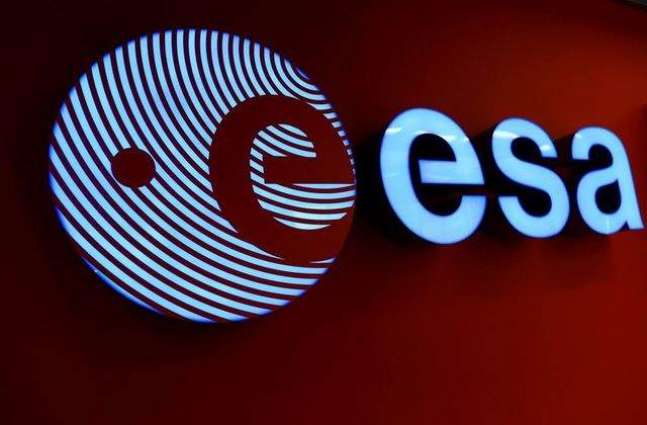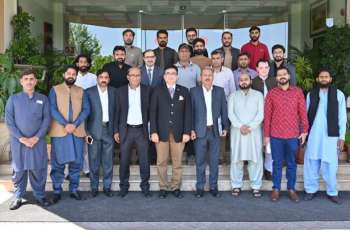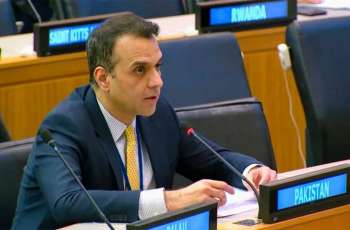The European Space Agency is sure that its collaboration with Russian state space corporation Roscosmos on the exploration of Venus is possible given their long and fruitful cooperation in the past, the ESA team told Sputnik
MOSCOW (Pakistan Point News / Sputnik - 26th October, 2020) The European Space Agency is sure that its collaboration with Russian state space corporation Roscosmos on the exploration of Venus is possible given their long and fruitful cooperation in the past, the ESA team told Sputnik.
The second planet from the Sun recently caught the attention of the entire media sphere after scientists from the Massachusetts and Cardiff universities announced in September that they had discovered a rare molecule � phosphine gas � in the clouds of the planet. Since the gas is produced on Earth by microbes that live in oxygen-free environments, the discovery suggests that colonies of living microbes could be thriving in a similar environment high in the planet's atmosphere.
Both ESA and Roscosmos are interested in the exploration of the planet. ESA sent its first ever exploration mission to the planet, dubbed Venus Express, in 2005, and in 2006 the spacecraft arrived on the planet to study the atmosphere. The mission concluded in 2014. Now ESA is planning the project dubbed EnVision, which is due to depart from Earth to study the planet in 2032. Russia is also working on the space mission to Venus for 2027-2029, known as Venera-D, which it initially planned to carry out together with the United States. However, earlier in October, Moscow announced that it was planning to conduct its mission without Washington.
ESA Science Operations Scientist Richard Moissl, in the meantime, believes that the cooperation between ESA and Roscosmos on Venus research is possible.
"For sure there will be some level of collaboration, given the long and fruitful cooperation between ESA and Roscosmos, especially on Venus related research," he told Sputnik when asked whether the agency is planning to collaborate in any way with Roscosmos, which is working on the Venera-D mission.
According to Moissl, the discovery of phosphine on Venus is "a very exciting result."
"Indeed the phosphine results provide some push in the community to make this mission come to fruition. Meanwhile, we will use every possibility to learn more, for example, BepiColombo will fly by Venus two times (the first one right now) on its way to Mercury and use some of its sensors (i.e. MERTIS) to try and get more measurements of the atmospheric composition," he said.
BepiColombo is a joint mission of the ESA and the Japan Aerospace Exploration Agency to Mercury � the first planet from the Sun. It was launched in October 2018 and is due to arrive on Mercury in December 2025. In mid-October, it swung past Venus on the long road to Mercury.




